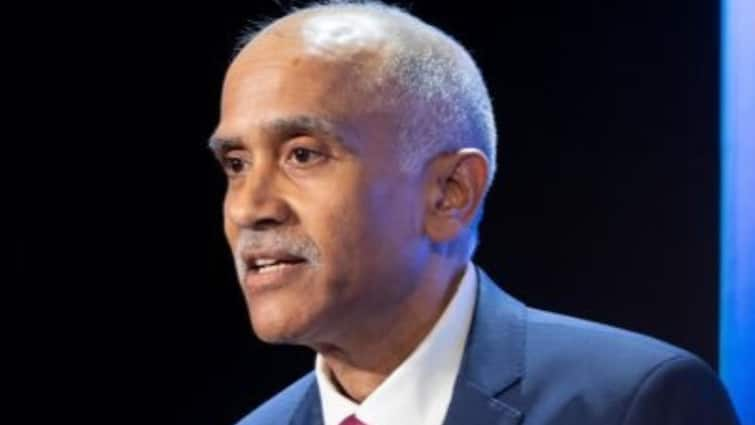India’s Permanent Representative to the United Nations, Parvathaneni Harish, strongly criticised Pakistan during his address to the United Nations Security Council (UNSC), urging Islamabad to end “grave and ongoing human rights violations” in areas “illegally occupied” by it.
During the open debate organised to mark the 80th UN Day on Friday (local time), Harish asserted that Jammu and Kashmir “has been, is, and will always be an integral and inalienable part of India.”
“We call upon Pakistan to end the grave and ongoing human rights violations in the areas illegally occupied by it, where the population is in open revolt against Pakistan’s military occupation, repression, brutality and illegal exploitation of resources,” Ambassador Harish said.
‘Concepts Alien to Pakistan’
Highlighting the difference between democratic freedoms in India and the lack thereof in Pakistan, Harish said that people in Jammu and Kashmir fully exercise their constitutional and democratic rights, which remain “alien” concepts to Islamabad.
“Let me emphasise that the Union Territory of Jammu and Kashmir has been, is, and will always be an integral and inalienable part of India. The people of Jammu and Kashmir exercise their fundamental rights in accordance with India’s time-tested democratic traditions and constitutional framework. We, of course, know that these are concepts alien to Pakistan,” he stated.
India’s Global Outlook Anchored in Vasudhaiva Kutumbakam
Reiterating India’s long-standing philosophy of Vasudhaiva Kutumbakam — the world is one family — Harish said this belief underpins New Delhi’s global engagement and commitment to justice, dignity, and prosperity for all.
“This is not only an outlook that anchors our worldview, but also the reason why India has consistently advocated for justice, dignity, opportunity and prosperity for all societies and peoples. It is also the reason why India places its faith in multilateralism, international partnerships and cooperation,” he added.
Questions Over UN’s Relevance and Credibility
In his remarks, the Indian envoy also reflected on the United Nations’ evolution since World War II, noting that the organisation now faces growing questions about its “relevance, legitimacy, credibility, and efficacy.”
“The theme of this debate gains great salience at a time when the world’s largest multilateral organisation – the United Nations – faces questions related to relevance, legitimacy, credibility, and efficacy,” Harish said.


